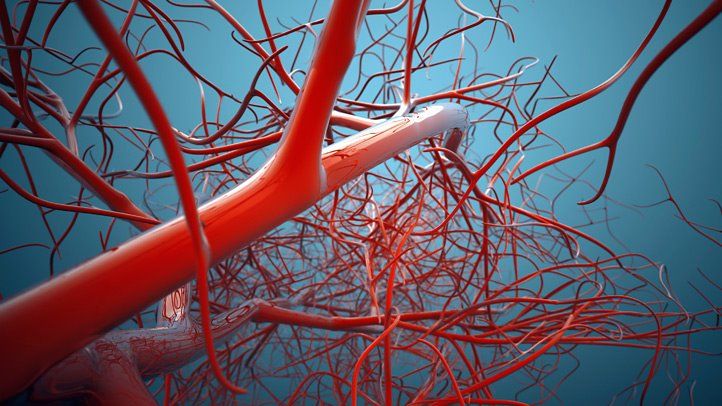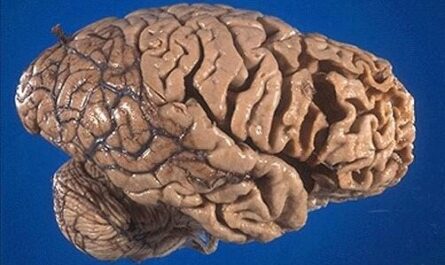Severe weather conditions across the country have had a significant impact on the nation’s blood supply. The American Red Cross has reported that the blood supply is critically low, as many blood drives have been canceled due to the weather. Additionally, the adverse conditions have made it challenging for the Red Cross to transport blood supplies to meet the growing demands.
Each year, approximately 16 million blood components are transfused in the United States. The daily requirements for blood include 29,000 units of red blood cells, 5,000 units of platelets, and 6,500 units of plasma, according to the Red Cross.
There are numerous reasons why people may need a blood transfusion. Some individuals require blood during surgeries, while others depend on it after accidents or as a result of medical conditions that necessitate blood components.
It is important to note that there is no substitute for human blood, making blood donation crucial. All transfusions utilize donated blood.
The four main blood types – A, B, AB, and O – are distinguished by specific antigens, which are proteins. Blood is also categorized by the Rh factor, which can be either positive or negative. Ideally, blood transfusions should be conducted with donated blood that matches the recipient’s blood type and Rh factor. However, in emergency situations where time is of the essence or a specific blood type is limited, Type O-negative blood is the universal donor type with the lowest risk of causing adverse reactions for most individuals.
Blood donation is a voluntary procedure that plays a vital role in saving lives. Various types of blood donation cater to different medical needs. The most common type is whole blood donation, where approximately a pint of blood is donated. The donated blood is then separated into its components, including red cells, plasma, and platelets.
At present, the critical shortage of blood highlights the urgent need for individuals to donate blood. The cancellation of blood drives, coupled with the challenges faced in transporting supplies, has resulted in a precarious situation for patients in need. The scarcity of blood not only affects those who require transfusions during surgical procedures but also those who rely on it to recover from accidents or manage their medical conditions.
To address the critical shortage, the American Red Cross is calling for more blood donations. Individuals who are eligible and willing to donate are encouraged to visit their local blood donation centers or attend mobile blood drives. By donating blood, individuals can make a significant difference in the lives of others and contribute to the nation’s efforts to replenish and maintain an adequate blood supply.
In conclusion, the severe weather conditions in various parts of the country have severely impacted the nation’s blood supply. The cancellation of blood drives and transportation challenges have led to a critical shortage of blood components. It is essential for eligible individuals to come forward and donate blood to meet the growing demand and ensure that patients in need receive the life-saving transfusions they require. Every blood donation has the power to save lives and make a lasting impact on the well-being of others.
*Note:
1. Source: Coherent Market Insights, Public sources, Desk research
2. We have leveraged AI tools to mine information and compile it




